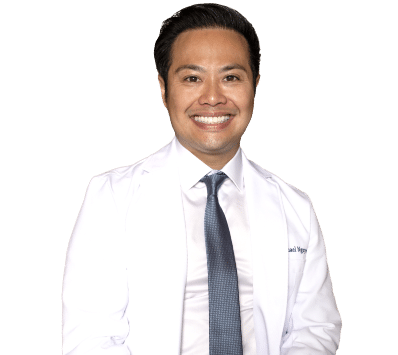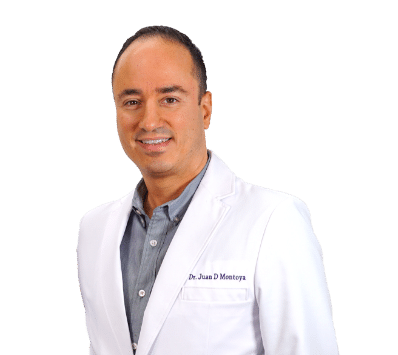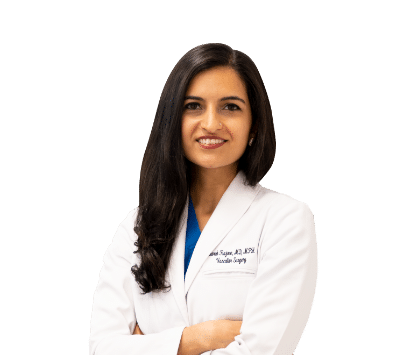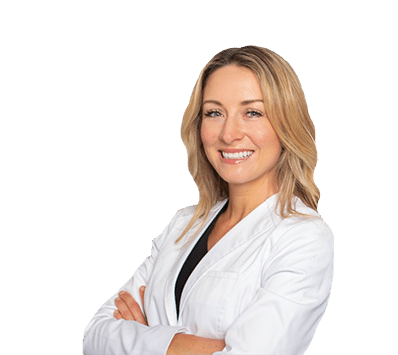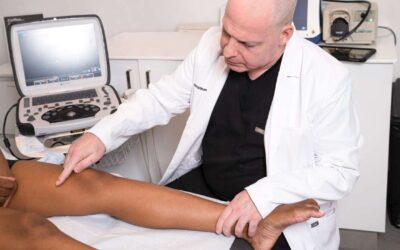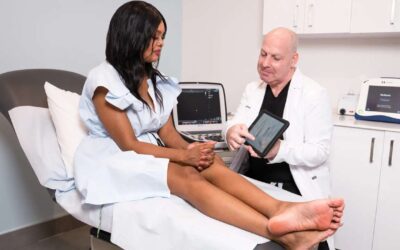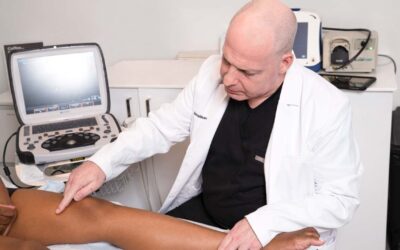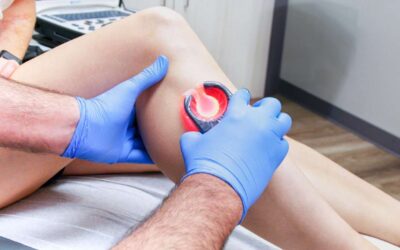How Do Varicose Veins Form? The Root Cause of All Vein Problems
What are varicose veins?
Varicose veins are veins that have become enlarged and twisted, making them bulge out of the skin’s surface in a mass of twisted and tangled knots. The word “varicose” comes from the Latin word for twisted. Varicose veins can occur anywhere in the body, but they are most common in the legs and feet. They’re essentially dilated and damaged blood vessels with excess blood accumulation. About one out of every two adults has varicose veins, though they are more common in older adults and women.
New York Vein Treatment is a group of state-of-the-art medical centers specializing in vein treatments in New York. Our medical center is led by board-certified vein doctors who carefully examine your leg veins, discuss your symptoms, review your medical history, and curate personalized minimally invasive vein treatment plans. Instead of simply addressing the visible symptoms, we diagnose and treat underlying vein disease. Please schedule an appointment to explore your options for varicose vein treatment in New York.
We have two state-of-the-art offices in New York — Midtown Manhattan and Financial District. Our Midtown Manhattan office is a short walk from the Empire State Building.
How do varicose veins form? What’s the cause?
Varicose veins form because of chronic venous insufficiency, which is the root cause of most vein problems. To understand venous insufficiency, you must understand how veins function.
Veins are blood vessels that carry blood from the body’s organs and tissues back to the heart. The veins in the legs must work against gravity to return blood to the heart, and they have valves that open and close to prevent the blood from flowing backward. When these valves become weak, they allow blood to pool in the veins. Over time, the accumulation of blood in leg veins leads to enlarged and twisted blood vessels, also known as varicose veins.
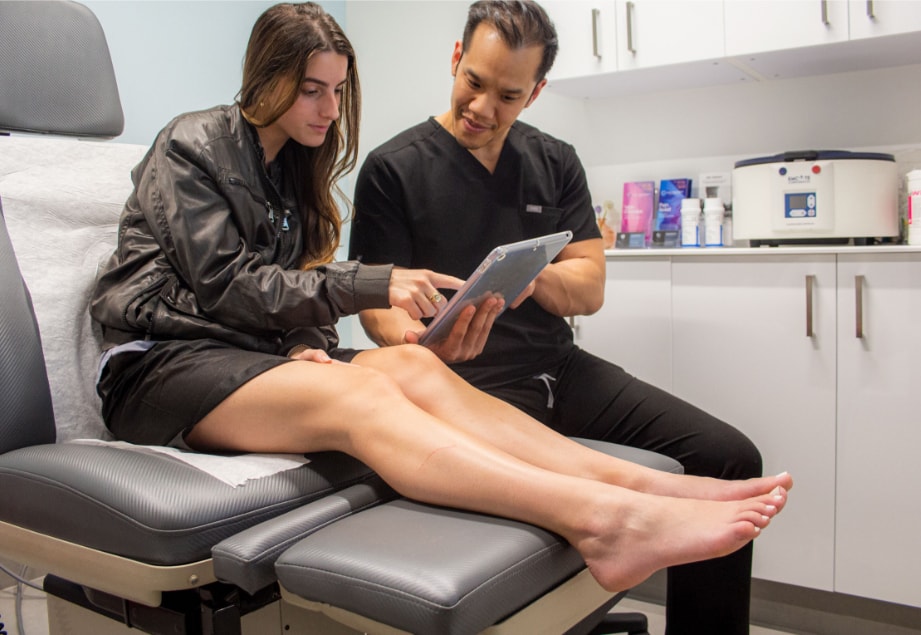
What are the risk factors for varicose veins?
There are many risk factors for varicose veins, including:
- being overweight or obese
- being pregnant
- having a family history of varicose veins
- having a job that requires standing or sitting for long periods of time
- being female
- being over the age of 50
If you are overweight or obese, you are at a higher risk for developing varicose veins because the extra weight puts pressure on your veins. Being pregnant can also cause varicose veins because the extra weight of the baby puts pressure on your veins. If you have a family history of varicose veins, you are more likely to develop them yourself. Jobs that require you to stand or sit for long periods of time can also cause varicose veins, as the lack of movement can cause blood to pool in your veins. Finally, being female and over the age of 50 are both risk factors for varicose veins, as the risk increases with age.
If you have any of these risk factors, you may be more likely to develop varicose veins. However, there are things you can do to minimize your risk. For example, if you are overweight, losing weight can reduce your risk. If you have a job that requires you to stand or sit for long periods of time, try to take breaks often to move around and get your blood flowing. And finally, if you are over the age of 50, compression stockings can reduce your risk by improving blood circulation. Compression stockings apply pressure on your leg veins to push some of the accumulated blood to the heart and alleviate the symptoms.
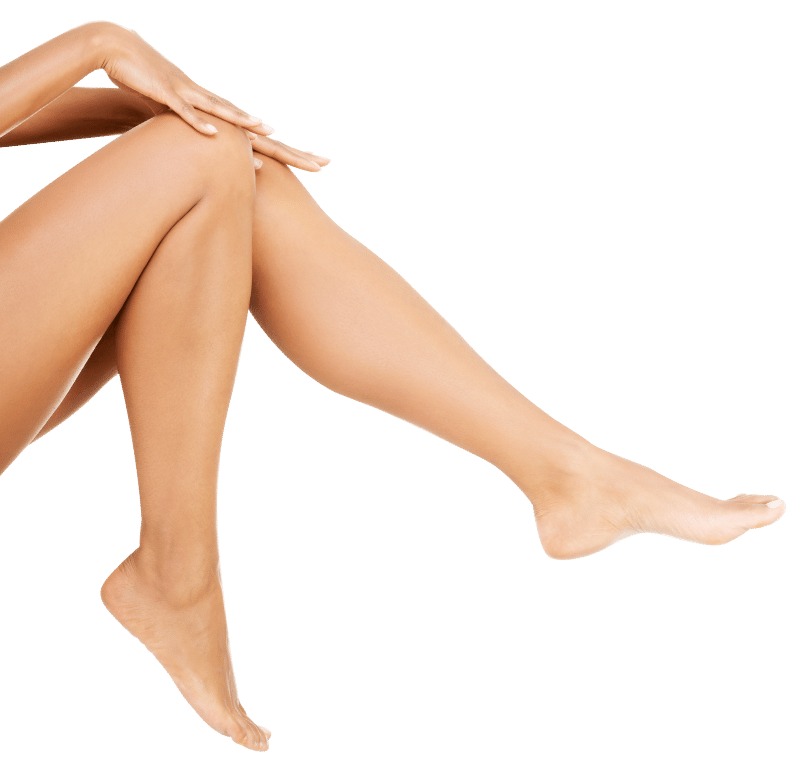
BOOK AN APPOINTMENT
Experiencing symptoms of vein disease? Book an appointment with one of the our Vein Specialists in New York.
Is Vicks good for varicose veins?
If you suffer from varicose veins, you may be wondering if there are any home remedies that can help ease your symptoms. Some people swear by Vicks VapoRub for this purpose. But does it actually work?
Vicks VapoRub is an over-the-counter medication that contains menthol, eucalyptus oil, and camphor. These ingredients work together to relieve pain and improve circulation. Some people claim that when applied to the skin, Vicks VapoRub can reduce varicose veins. But there is no scientific evidence to support these claims.
If you’re interested in trying Vicks VapoRub for varicose veins, it’s important to remember that it won’t get rid of the underlying condition. The only way to remove varicose veins is with minimally invasive procedures. But if you’re looking for a way to alleviate discomfort, you can give Vicks VapoRub a try.
How to get rid of swollen varicose veins?
There are many treatments available for varicose veins, and it can be hard to choose the right one. Minimally invasive treatments are becoming more popular, as they have fewer risks and side effects than traditional surgery. Furthermore, minimally invasive spider vein and varicose vein treatments are also more effective and carry a lower risk of vein disease recurrence.
Here are some of the best minimally invasive varicose vein treatments:
- Sclerotherapy: This is a popular treatment for small varicose veins and spider veins. The vein doctor injects a sclerosant solution into the vein, which causes it to harden and eventually get metabolized by the body, following which it fades away from the skin’s surface.
- Endovenous Laser Ablation: This treatment uses high-energy laser beams, channeled via an endovenous laser fiber, to destroy the saphenous vein responsible for your vein problems. Once the diseased vein is destroyed, the accumulated blood reroutes to healthier leg veins. It is usually only used for larger veins or underlying vein disease.
- Radiofrequency Ablation: This treatment uses heat to destroy the diseased vein responsible for your vein problems. The vein doctor inserts a small probe into the vein and passes radio waves through it. The heat from the radio waves damages the vein, causing it to shut down and eventually disappear.
There are many other minimally invasive treatments available, and your vein doctor can help you choose the right one. Minimally invasive treatments are less painful and have fewer side effects than traditional surgery, so they are a good option for people with varicose veins.
MEET OUR NEW YORK
VEIN SPECIALISTS
Dr.MICHAEL NGUYEN
Veins Specialist NYC
He leads the team of vein doctors offering the highest level of care at our Spider and Varicose Vein Treatment Center NYC.
HARVARD MEDICAL SCHOOL
Dr. JUAN D. MONTOYA
Veins Specialists NYC
Highly sought after for his expertise and excellent outcomes in Vein Treatments in Manhattan.
YALE MEDICAL SCHOOL
Dr. SAREH RAJAEE
Veins Specialists NYC
She has extensive experience with vein performing procedures based on New York City.
HARVARD MEDICAL SCHOOL
Learn more about our clinics, doctors and procedures!

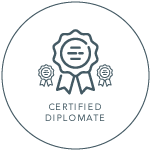

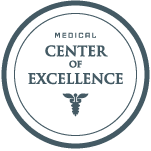



Contact us
Call us
Speak instantly with one of our team members; they will answer any questions you may have regarding insurance coverage, booking an appointment and our vein treatment locations. (332) 263-9984
Book online
Visit our Book Appointment page and instantly request an appointment at the New York vein center near you. We offer Free Insurance Verification before your appointment.
Get directions
Learn how to easily get to the New York vein center.
FEATURED POSTS BY VEIN DOCTORS
Best Treatment for Spider Veins in Upper East Side, NY
Best Treatment for Spider Veins in Upper East Side, NYYou may have noticed clusters of thin, reddish-purple veins spreading across your legs, ankles, or face. At first, they might have seemed like a minor cosmetic issue—a few visible veins that didn’t cause much...
Treat Venous Reflux at Upper East Side’s New Vein Clinic
Treat Venous Reflux at Upper East Side's New Vein ClinicYou may have noticed heaviness, aching, or swelling in your legs, especially after standing for long periods. Perhaps your legs feel restless at night, or you see bulging veins beneath the skin. These could be...
Sclerotherapy for Varicose Veins in Upper East, New York
Sclerotherapy for Varicose Veins in Upper East, New YorkHave you ever noticed clusters of thin, web-like veins spreading across your legs or experienced persistent aching, heaviness, or swelling? These symptoms might seem minor initially, but they could indicate...
Best Treatment Options for Spider Veins in Bronx, New York
Best Treatment Options for Spider Veins in Bronx, New YorkYou’re getting ready for an outing, but you feel self-conscious about the thin, web-like veins visible on your legs. You wonder if they’re purely cosmetic or indicative of a deeper issue. Perhaps you’ve...
